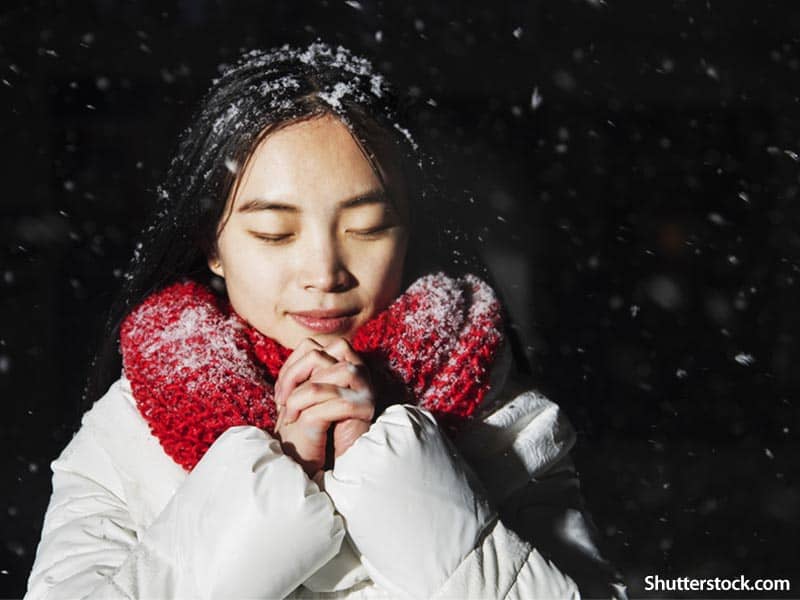Carrying my little boy on my shoulders around the room, I found myself experiencing new feelings of religious joy and community membership. The fact that we enjoyed the festival, largely because we found so many of our friends there with their children as well, was an unanticipated benefit. We observe Shabbat more frequently now, too, largely to reinforce--or keep pace with--what he is learning in school. I wouldn't have expected a child so young could already be teaching things to me, but it turns out my two-and-a-half year old is helping me learn to appreciate Judaism.
Like many if not most American Jews, I was raised in a secular home. My parents made sure I had a basic Hebrew education and a Bar Mitzvah, but beyond that, we never did much more than attend High Holiday services, stuff ourselves at Passover (ritual aspects of the Seder having been abbreviated for convenience's sake), and exchange gifts at Hanukkah. Since I spent a great deal of my young adulthood overseas in countries where there was little or no Jewish life, there were many years when I didn't even do those things. Simchat Torah, along with other festivals such as Purim and Sukkot, barely registered with me. Truth to tell, I harbored a vague antipathy to them, considering them corny and irrelevant at best, "just for the Orthodox" at worst.
What changed? I got older, got married, and started a family of my own. Basic issues of Jewish identity and religious belief could no longer be treated with youthful insouciance. The woman I married was not Jewish. Before she and I discussed the possibility that she would convert to Judaism, I was concerned that we might not have a Jewish wedding ceremony, or that our children might be raised with either no religion or with a muddy mixture of faith. I was concerned about raising a morally or psychologically confused child. I was concerned about fitting in with the rest of an all-Jewish extended family. Yet, most of all, at some level of identity that apparently had been formed even by the relatively light touch of my parents' influence, I didn't want to give up being any kind of religious Jew myself, which is what I was sure would happen if my family, and my children, were not Jewish.
I was fortunate, perhaps blessed, that my wife's interest in Judaism was strong and independent enough that, for her, a conversion on the occasion of our marriage was the natural culmination of a spiritual journey already in progress. In our house, she has developed into the student of Jewish texts and songs, the one who speaks Hebrew, makes the potato latkes on Hanukkah, and insists on attending Sabbath services at the synagogue--something I never did growing up, and resist doing even now.
She strongly supported the idea of enrolling our son in the preschool program at Washington's Adas Israel Congregation, which provides not only a sound secular education but a remarkably well-designed Jewish education, starting at the earliest imaginable age. The curriculum is built around the central concept of Shabbat--the Sabbath--and children are taught not only that this is a special day of rest sacred to the Jewish people, but also the basics of Sabbath observance, such as the blessings for the candles, wine, and bread. They learn Bible stories and songs, even a smattering of Hebrew. He's already romping about the house chanting "baruch atah Adonai, Thank you, God," among other cheerful songs, Hebrew and English, that he has swiftly been memorizing with the help of his teachers.
Family and religion, I am learning, are profoundly connected, and more powerfully mutually reinforcing than I had previously understood. I wished for the conversion of my wife, and for the Jewish education of my child, because I thought it would be important to me and my parents to keep my family in the faith I had grown up in, however tenuously. What I have discovered, though, is that these two new Jews are making me more Jewish than I was -- both because I have to strive to understand the many things they're learning that I had either never learned or forgotten, and because their palpable enthusiasm for the task demonstrates how much I missed through my earlier breezy secularism.
I doubt they or I will ever become fully "observant." Even if I wanted to do so, it would probably be too late to reverse all, or even most, of the effects of my secular life heretofore. And I realize I'm hardly the first one to be awakened to religion by the family-forming phase of life. Nevertheless, it feels surprisingly good to realize that I am now probably living somewhat more Jewishly than my parents did, and that my son will likely grow up more Jewishly than I did. Already, he's keeping us in line as Friday night approaches--"Are you making Shabbat?" he prompted me just last week. And already, he's been to one more Simchat Torah celebration than I had attended as of the day he was born.

